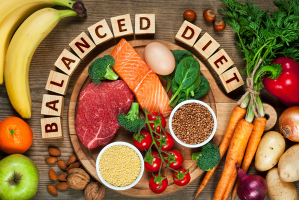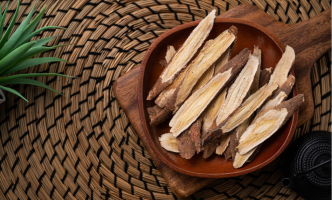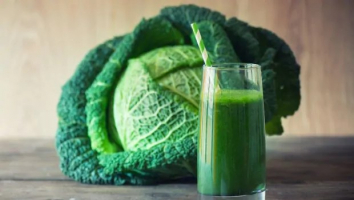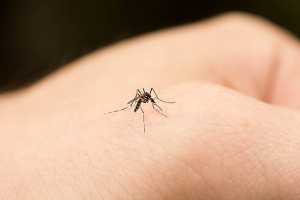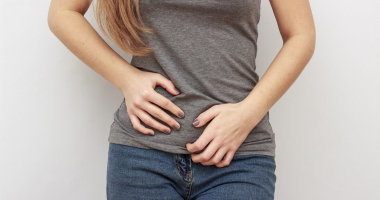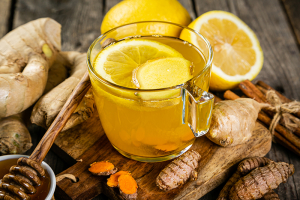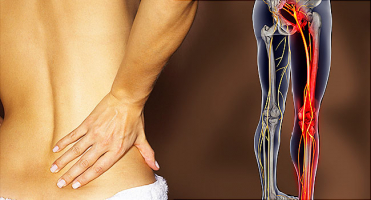Top 8 Natural Remedies for Menopause Relief
Menopause often starts in the late 40s or early 50s and lasts a few years. At least two-thirds of menopausal people have menopause symptoms at this time. Hot ... read more...flashes, nocturnal sweats, altered moods, impatience, and fatigue are a few of them. Menopausal women also have an increased chance of developing a number of illnesses, such as osteoporosis, obesity, heart disease, and diabetes. For alleviation, a lot of people choose natural vitamins and treatments. Here is a list of the best all-natural methods for easing menopausal symptoms.
-
Menopause-related hormonal changes can weaken bones and raise the risk of osteoporosis. It's critical to get adequate calcium and vitamin D in your diet as these nutrients are related to strong bones. A decreased incidence of hip fractures due to weak bones is also linked to adequate vitamin D consumption during postmenopause. Dairy items like yogurt, milk, and cheese are among the many foods that are high in calcium. Calcium is also abundant in green, leafy vegetables like kale, collard greens, and spinach. It is also prevalent in sardines, tofu, legumes, and other foods.
Additionally, foods that have been fortified with calcium, such as certain cereals, fruit juice, or milk substitutes, are also excellent sources. Since your skin manufactures vitamin D when exposed to sunlight, sunlight is your major supply of this vitamin. But as you age, your skin becomes less effective at producing it. Increasing dietary sources of vitamin D or taking a supplement may be useful if you don't get much sun exposure or cover up your skin. Oily fish, eggs, cod liver oil, and foods fortified with vitamin D are some examples of rich dietary sources.
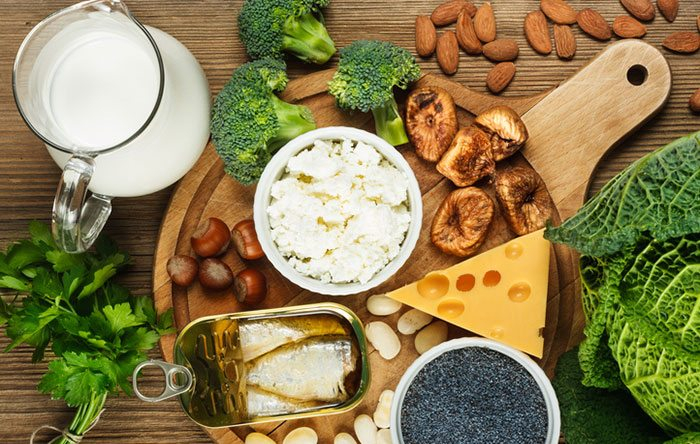
Eat foods rich in calcium and vitamin D 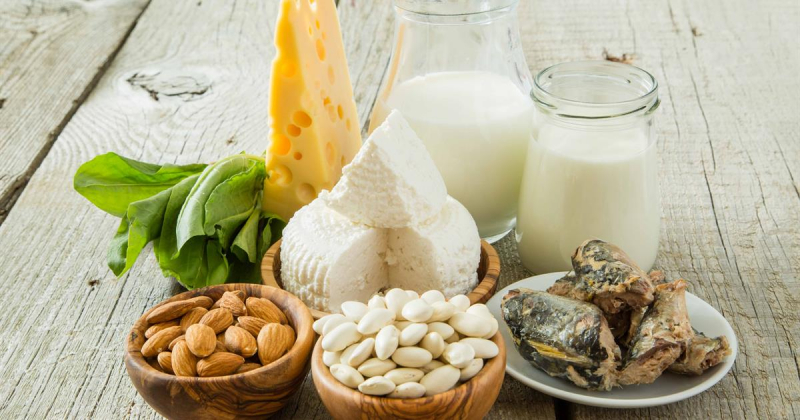
Eat foods rich in calcium and vitamin D -
The weight increase during menopause is typical. This may be brought on by a mix of genetics, age, lifestyle, and changing hormones. Excess body fat raises the chance of acquiring illnesses including diabetes and heart disease, especially around the waist. Additionally, menopausal symptoms may be impacted by body weight.
One research of 17,473 postmenopausal women discovered that hot flashes and night sweats were more likely to go away in those who dropped at least 10 pounds (4.5 kg) or 10% of their body weight over a year. Achieving and maintaining a healthy weight may help alleviate menopause symptoms and help prevent disease.
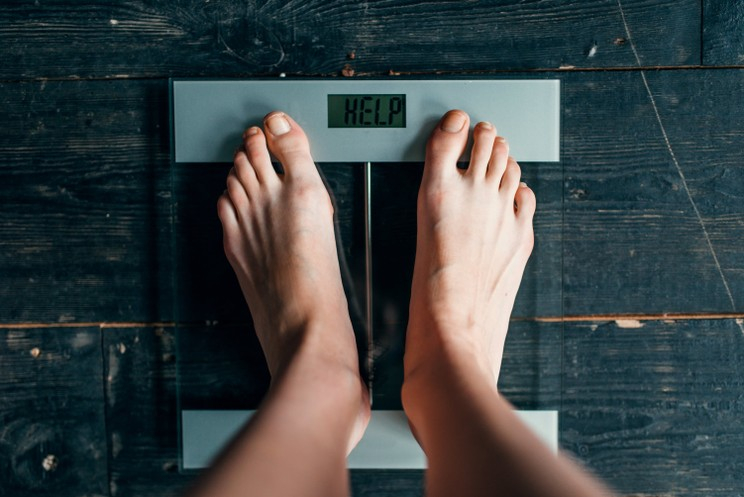
Maintain a moderate weight 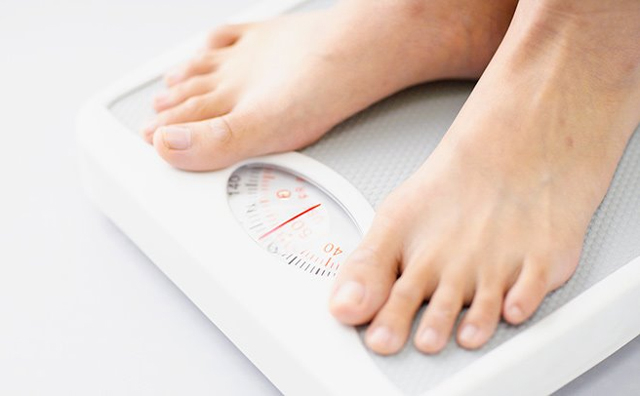
Maintain a moderate weight -
Many menopausal symptoms can be avoided with a diet high in fruits and vegetables. Fruits and vegetables are excellent for weight reduction and weight maintenance since they are low in calories and make you feel full. They could also aid in the prevention of certain illnesses, including heart disease. This is crucial since the risk of heart disease tends to rise after menopause. Age, weight increase, or potentially lower estrogen levels may be to blame for this.
Finally, eating more fruits and vegetables may help stop bone loss. According to one observational research including 3,236 women between the ages of 50 and 59, eating a lot of fruit and vegetables may prevent bone loss.
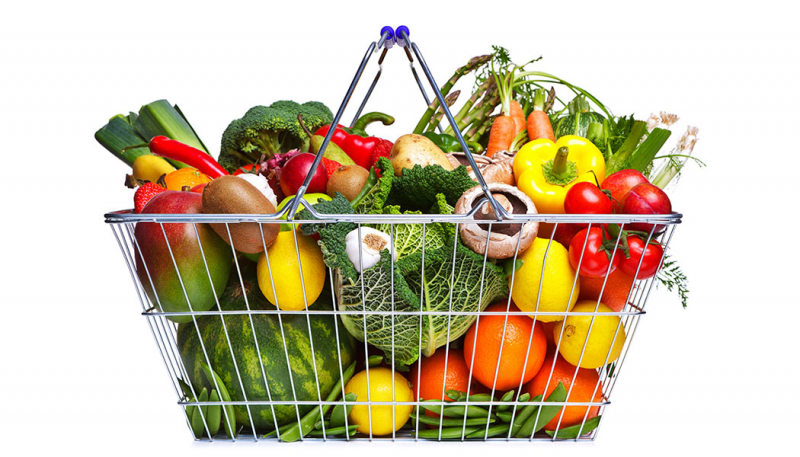
Eat lots of fruit and vegetables 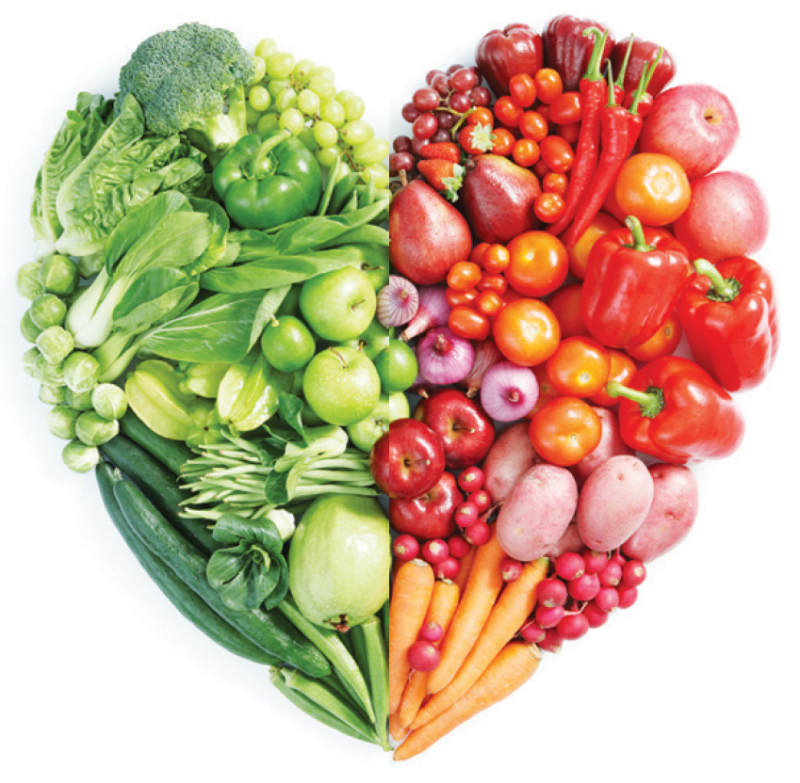
Eat lots of fruit and vegetables -
Exercise may help with hot flashes and nocturnal sweats, but the research is still insufficient to say for sure. However, there is proof to back up additional advantages of consistent exercises, such as Pilates-based workout regimens. These advantages include increased metabolism and energy, stronger bones and joints, less stress, and better sleep. For instance, Korean research that examined the results of a 12-week walking exercise program discovered that it enhanced the physical and mental health as well as the general quality of life in a group of 40 menopausal women.
In addition to improving general health, regular exercise has been linked to a lower risk of developing illnesses and disorders like cancer, heart disease, stroke, high blood pressure, type 2 diabetes, obesity, and osteoporosis. Numerous studies indicate that regular exercise may help lower the risk of heart disease in menopausal women, whose risk is already significantly increased.

Exercise regularly 
Exercise regularly -
Phytoestrogens are organic plant substances that can imitate estrogen's physiological effects. As a result, they could aid in hormone balancing. It is believed that the high use of phytoestrogens in Asian nations like Japan is the cause of the rarity of hot flashes among menopausal persons there.
However, different processing techniques result in different amounts of phytoestrogen in food. A soy-rich diet was linked in one research to lower blood pressure, cholesterol, and the intensity of hot flashes and night sweats in women who were starting to experience menopause. However, the debate continues over whether soy products are good or bad for health. Real dietary sources of phytoestrogens are reportedly preferable to supplements or processed meals with soy protein added, according to the evidence.
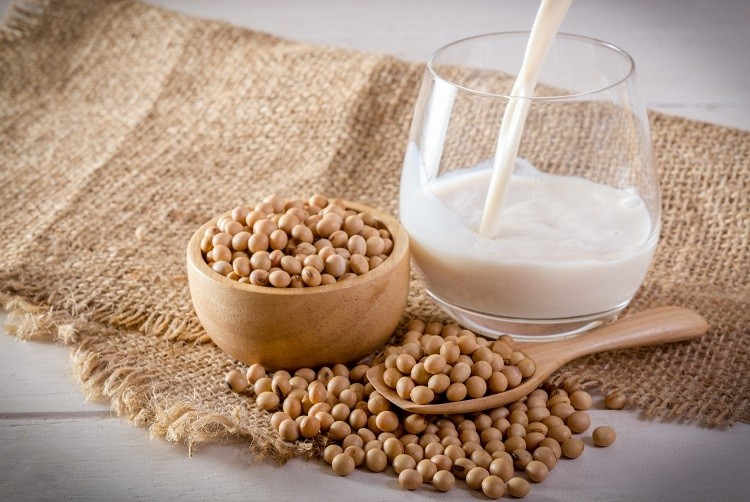
Eat more foods that are high in phytoestrogens 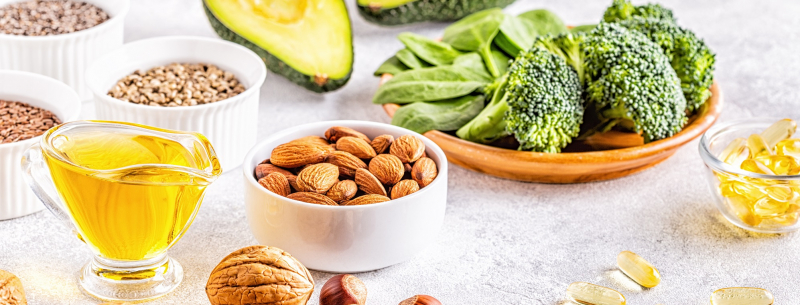
Eat more foods that are high in phytoestrogens -
Dryness is a common problem throughout menopause. This is probably brought on by the drop in estrogen levels. Water consumption of 8 to 12 glasses per day helps alleviate these symptoms. Additionally, drinking water helps lessen the bloating brought on by hormonal fluctuations. Additionally, water can assist in weight reduction and prevent weight gain by making you feel full and slightly raising your metabolism. You may consume 13% fewer calories during a meal if you drink 17 ounces (500 ml) of water 30 minutes beforehand.
Foods can affect mood and cause hot flashes, night sweats, and other symptoms. When consumed at night, they may become triggers even more frequently. Caffeine, alcohol, and meals that are sweet or spicy are examples of common triggers. Log your symptoms. If you believe that certain foods make your menopause symptoms worse, try cutting back on your intake or avoiding them altogether.
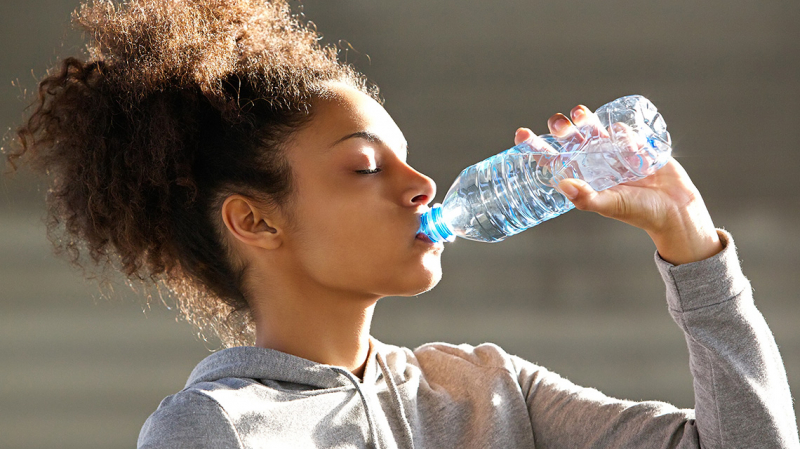
Drink enough water 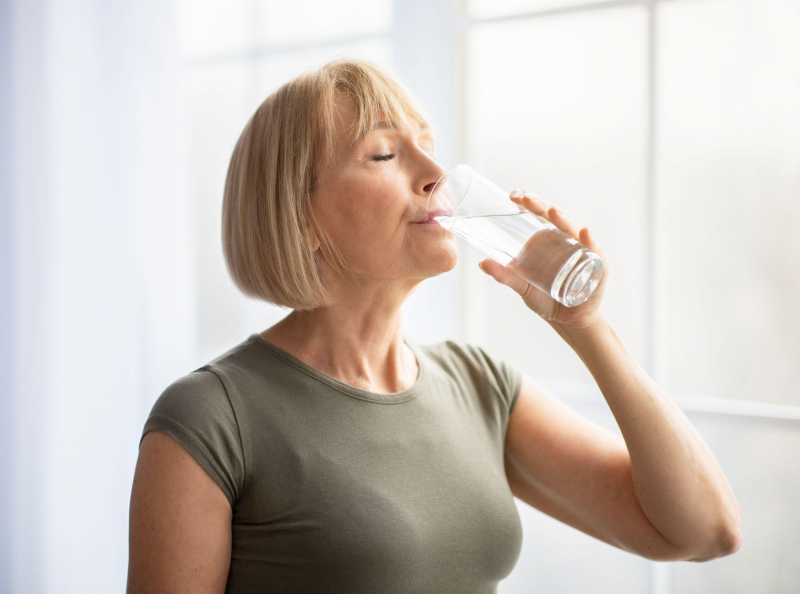
Drink enough water -
A diet high in sugar and refined carbohydrates can cause your blood sugar to fluctuate dramatically, leaving you exhausted and agitated. This might make menopausal symptoms—both physical and psychological—worse. In fact, research indicated that postmenopausal women's risk of developing depression may be increased by diets heavy in refined carbohydrates.
In particular, if processed foods are supplanting the nutrients you require from a daily balanced meal, diets heavy in processed foods may have an adverse effect on bone health. Significant observational research discovered that poor bone integrity was linked to diets heavy in processed and snack foods in women aged 50 to 59.
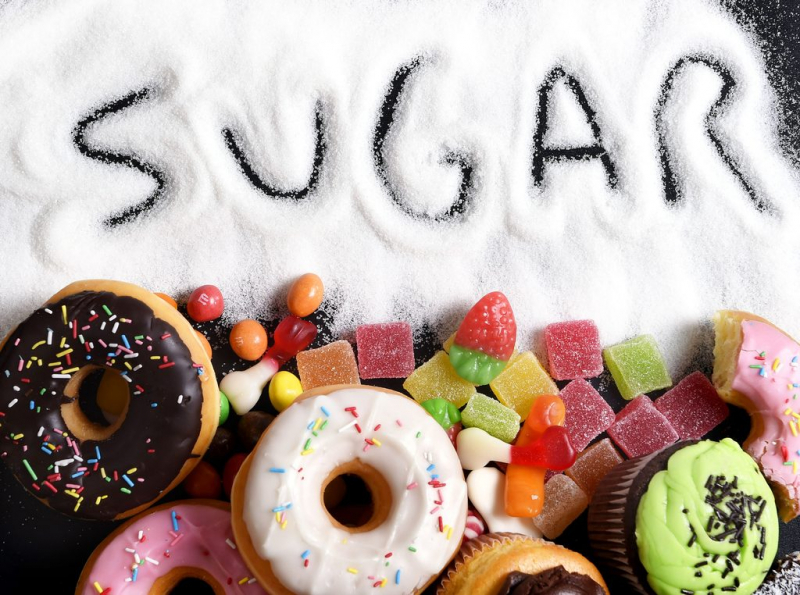
Reduce refined sugar and processed foods 
Reduce refined sugar and processed foods -
The age-related loss of lean muscle mass can be halted by consuming protein consistently throughout the day. According to one research, eating protein at each meal might help prevent the age-related loss of muscle. High protein diets can aid in weight reduction by enhancing satiety and increasing the number of calories burnt, in addition to preventing muscle loss. Protein-rich foods include dairy, meat, fish, eggs, beans, nuts, and salmon.
When going through menopause, it may be vital to eat regularly. Regular eating may improve certain menopausal symptoms while also making weight control more challenging. During a 12-month weight-management program for postmenopausal women, it was shown that missing meals resulted in a 4.3% lower weight reduction rate.
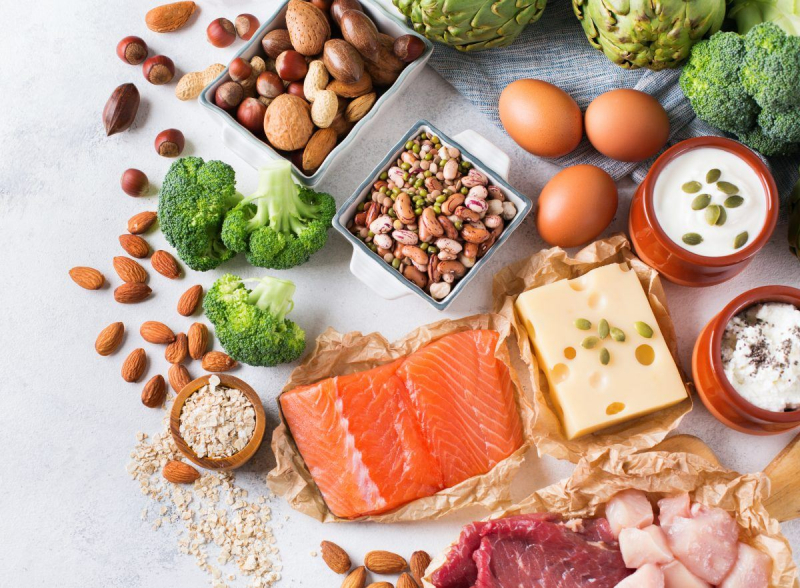
Eat protein-rich foods 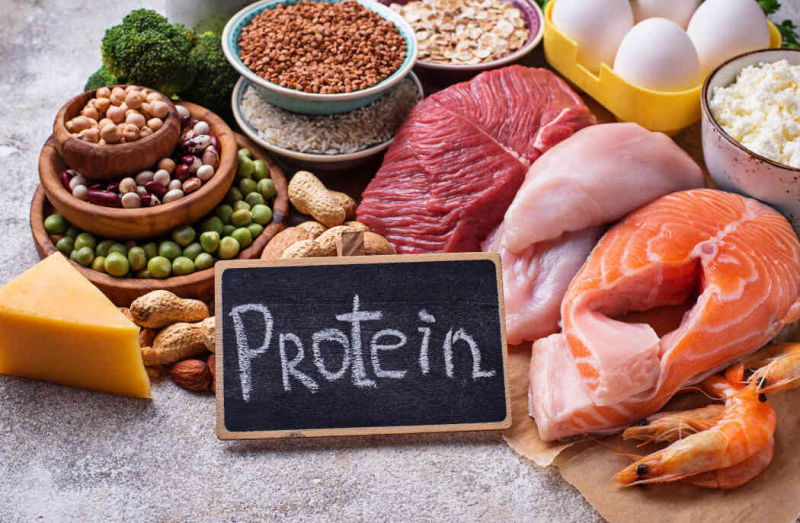
Eat protein-rich foods










